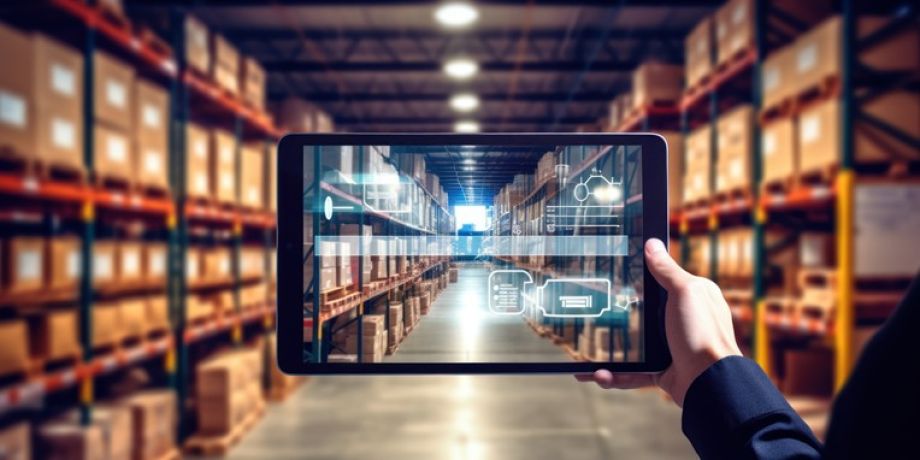
ARTIFICIAL INTELLIGENCE: A CATALYST FOR SUPPLY CHAIN OPTIMIZATION
Artificial intelligence (AI) is redefining performance standards in transport and logistics. Thanks to real-time data analysis and advanced algorithms, it is establishing itself as a powerful lever for improving efficiency, reducing costs and enhancing safety. AI applications now extend to all modes of transport and virtually every link in the supply chain.
ROAD TRANSPORT: OPTIMIZE AND ANTICIPATE
In road transport, AI stands out at every level:
At departure and arrival, autonomous robots in warehouses prepare orders, enabling goods to be moved more quickly and with greater precision, while reducing labor-related costs.
AI also excels at optimizing delivery routes. By taking into account data such as traffic, incidents or weather, it suggests faster routes, reducing delays and fuel consumption.
Predictive maintenance has also become a key tool for anticipating breakdowns, improving safety and reducing fleet downtime costs.
ON RAIL: FLUIDITY AND SAFETY
AI helps manage rail traffic, particularly on busy networks. It enables real-time adjustment of timetables to avoid delays, and maximizes infrastructure utilization.
In addition, rail anomaly detection systems enhance safety by preventing faults before they disrupt operations.
MARITIME TRANSPORT: MORE SUSTAINABLE LOGISTICS
On the oceans, AI is a powerful ally in optimizing ship routes, reducing fuel consumption and CO2 emissions. In addition, intelligent systems help to monitor risks at sea, detecting obstacles or unfavorable weather conditions.
AI is also involved in the automation of loading and unloading at ports, speeding up operations while minimizing errors.
IN THE AIR: PLANNING AND PRECISION
In air freight, AI improves flight management by optimizing trajectories to save fuel.
It is also used for predictive aircraft maintenance, guaranteeing a high level of reliability and safety.
Finally, the automation of ground controls, such as parcel sorting, increases efficiency and fluidity at airports.
By integrating into all modes of transport, artificial intelligence paves the way for more efficient and sustainable logistics. And companies that adopt these technologies today are ahead of their competitors in meeting tomorrow’s challenges.









